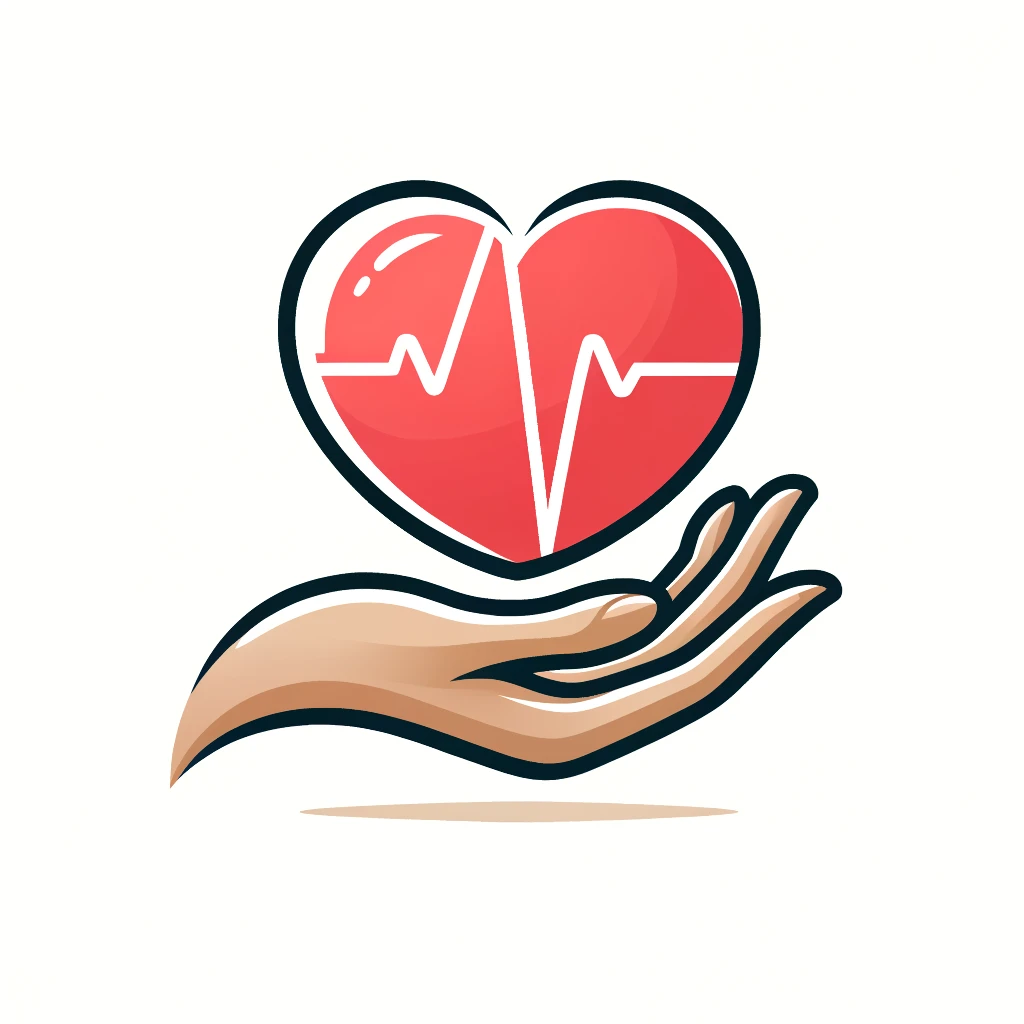
Emotional support and well-being are crucial components of stroke prevention and recovery. The psychological impact of a stroke can be profound, affecting not only the individual but also their loved ones. Addressing emotional health can enhance resilience, promote recovery, and reduce the risk of future strokes. This subpage explores essential aspects of emotional support that can foster a healthier mindset and improve overall well-being.
- Understanding Emotional Impact
Recognizing the emotional challenges that arise after a stroke, such as anxiety, depression, and frustration, is the first step in seeking appropriate support. - Counseling Services
Professional counseling can provide a safe space for individuals to express their feelings, process their experiences, and develop coping strategies tailored to their needs. - Support Groups
Joining support groups allows stroke survivors and their families to connect with others facing similar challenges, fostering a sense of community and shared understanding. - Mindfulness and Relaxation Techniques
Practicing mindfulness, meditation, or yoga can help reduce stress and improve emotional resilience, promoting a more positive outlook on recovery. - Family Involvement
Encouraging family members to participate in the emotional support process can strengthen relationships and create a nurturing environment for healing.
Incorporating emotional support into stroke prevention strategies is vital for fostering resilience and enhancing quality of life. By prioritizing mental well-being alongside physical health, individuals can empower themselves on their journey to recovery and reduce the likelihood of future strokes.
